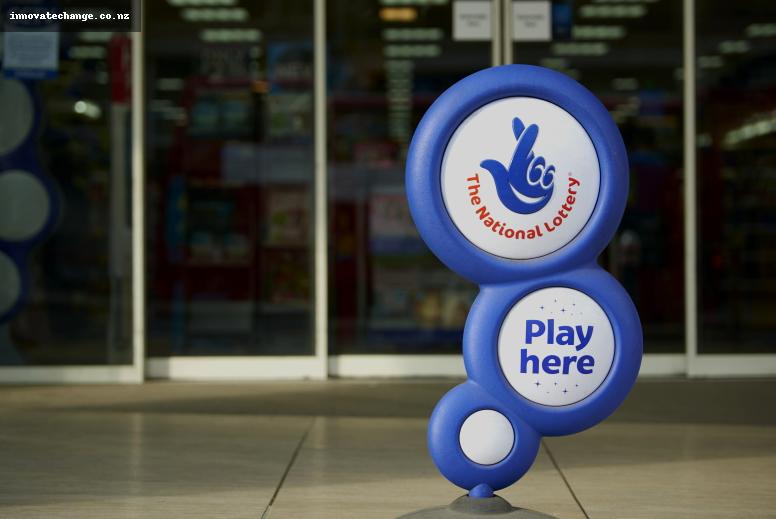A recent announcement by the government regarding the increase in the minimum age to purchase National Lottery products has raised concerns among operator Camelot and ticket retailers.
These concerns mainly revolve around the potential impact on retailers who employ 16 and 17 year-olds.
In response to these concerns, the Department for Digital, Culture, Media and Sport (DCMS) has launched a consultation to gather opinions on the proposed changes.
DCMS has compared this change to the existing framework for selling alcohol, whereby a “responsible person” must authorize the transaction if it is being carried out by someone aged 16 or 17 in England, Scotland, and Wales. Scotland has a similar structure in place for the sale of tobacco products.
According to data collected by DCMS, 16 and 17 year-olds constitute a significant portion of the retail workforce, especially on Saturdays, which happens to be a peak day for National Lottery ticket sales.
John Whittingdale, the Minister for Media and Data, expressed confidence that the proposed alteration would protect the interests of young people while allowing the National Lottery to continue raising funds for charitable causes.
The government also increased the minimum age for purchasing lottery tickets from 16 to 18 when raising the age for selling lottery tickets. This change came into effect in October 2021, following legislation implemented in April 2021.
The consultation will close at midday on August 12, 2021.
In August 2020, the Gambling Commission began its fourth National Lottery tender process with the aim of selecting a licensee by September 2021.
Gaming operator Sazka Group was the first to announce its application in October 2020, followed by Sugal & Damani. Camelot, the current lottery operator, expressed interest by completing the selection questionnaire but has not confirmed if it is competing for the tender.
More recently, Italian lottery operator Sisal partnered with BT to bid for the license.






